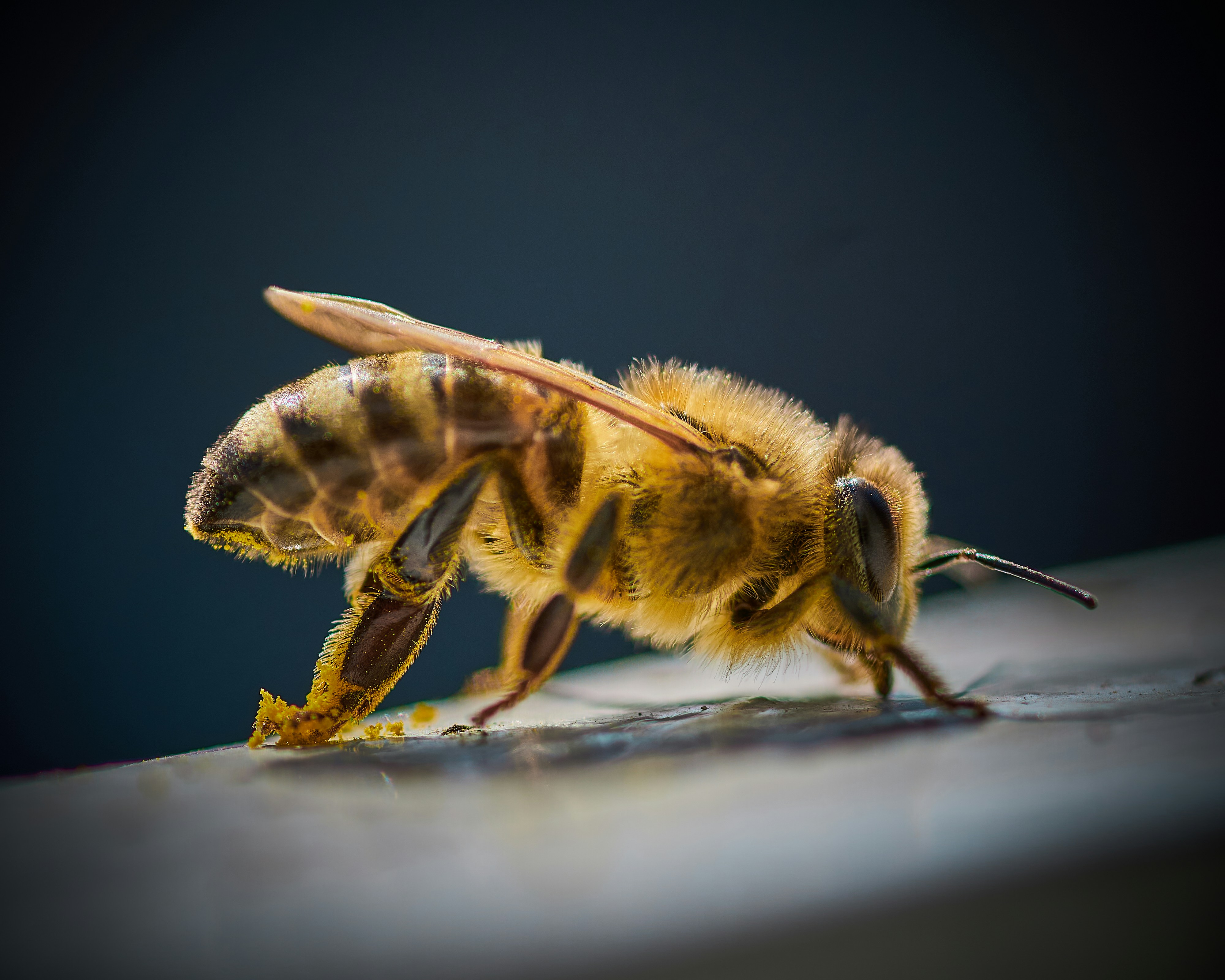News release
From:
Brain size predicts bees' tolerance to urban environments
Biology Letters
The rapid conversion of natural habitats to human-made landscapes threatens global insect pollinators. However, some pollinators adapt well to habitat conversion, an issue poorly understood. The cognitive buffer hypothesis, established in vertebrates but untested in insects, suggests that species with larger brains exhibit greater behavioral flexibility to handle new challenges such as those arising from urban environments. To explore this in insects, we measured brain size for 89 bee species, and evaluated their association with the degree of habitat occupancy. Our findings revealed that urban bees had larger brains relative to their body size than those found in forested or agricultural habitats. This supports the cognitive buffer hypothesis in invertebrates, implying that larger bee brains offer a behavioral advantage to tolerate urban environments.



 International
International



